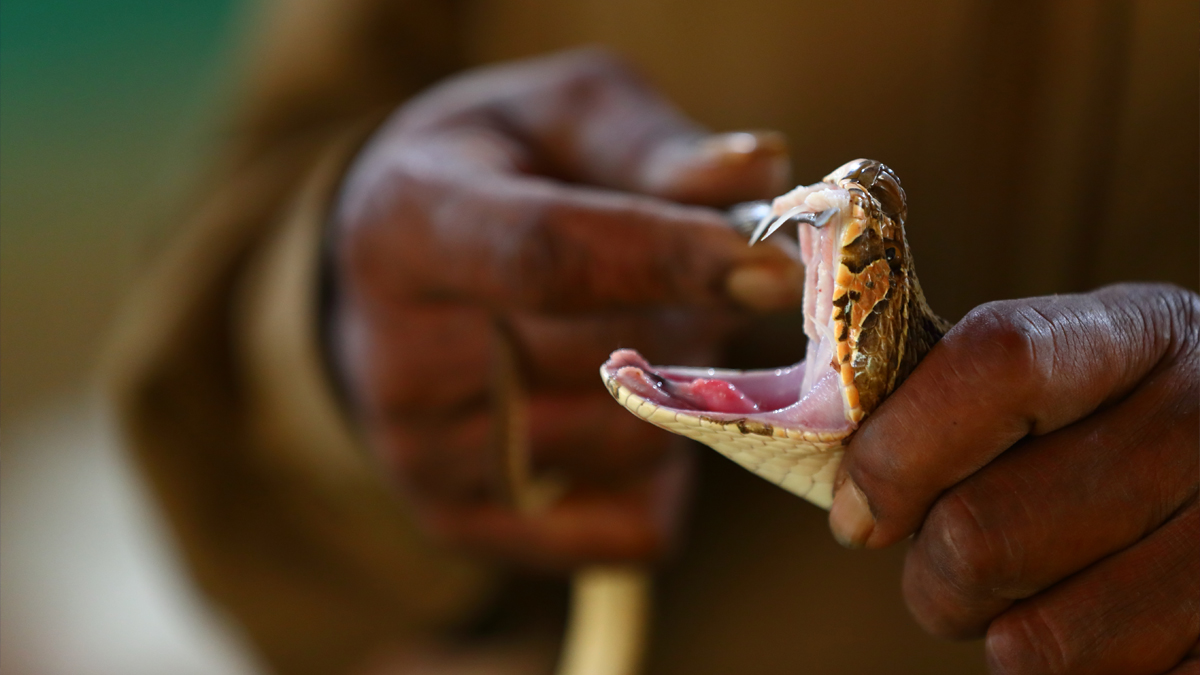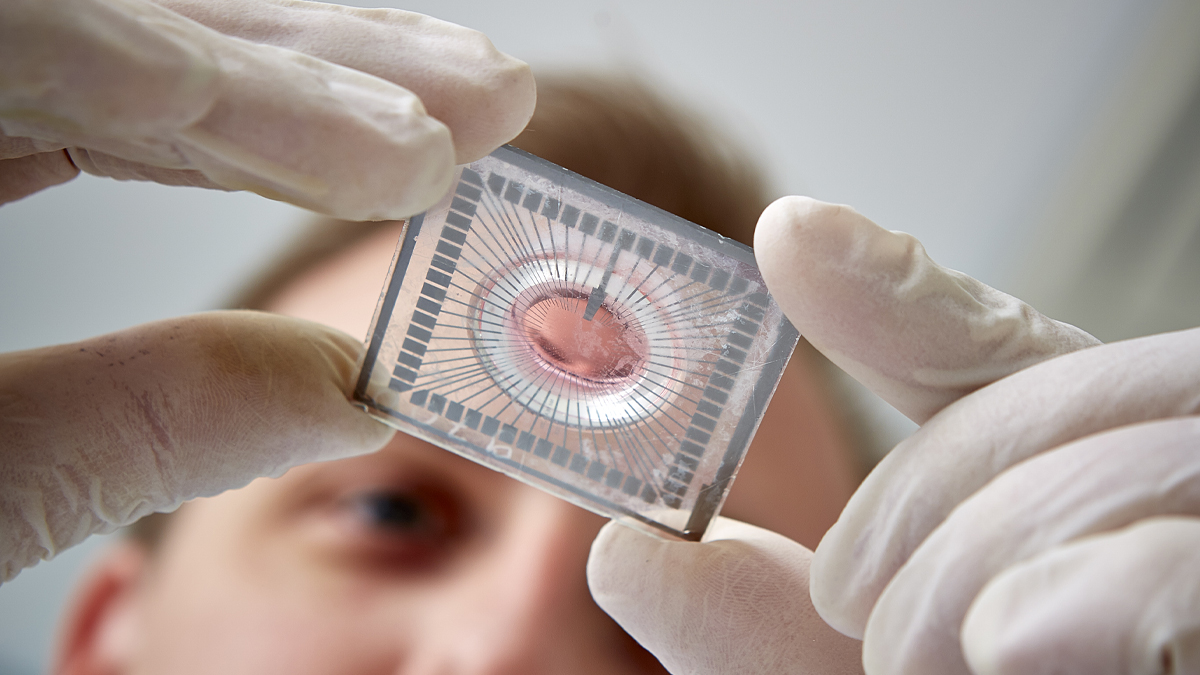Why do we take the drugs that we do to cure diseases? How do they work and how are they processed by the body? If you are passionate about scientific research, interested in drug development and want to make a real difference in life, studying pharmacology at university could be for you.
At Reading, Pharmacology is taught by scientists at the forefront of the major aspects of Pharmacology. Be it neuroscience, stem cell biology or cardiovascular pharmacology. Professor Sakthivel Vaiyapuri’s research focuses on cardiovascular and venom pharmacology. All his research deals with platelets, the part of our blood responsible for clotting and the subsequent wound healing processes and managing immune cells.
One of Sakthi's most exciting projects is developing an improved anti venom therapy to treat the effects of snakebites.



